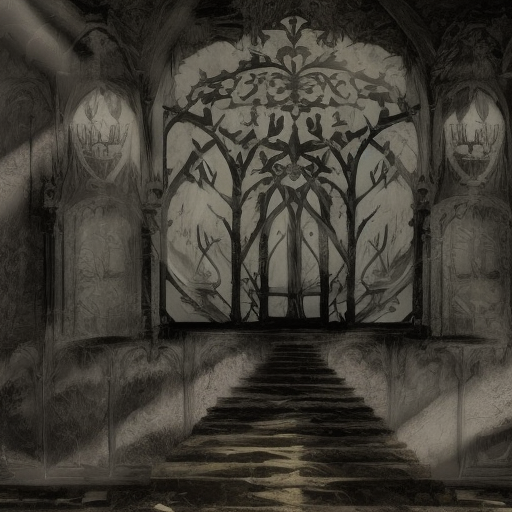One-line Summary:
Throne of Blood (1957) by Akira Kurosawa
Throne of Blood, directed by Akira Kurosawa, is a Japanese film adaptation of William Shakespeare’s play Macbeth. Set in feudal Japan, it tells the story of a brave warrior who becomes consumed by ambition and paranoia after encountering a vengeful spirit. The film explores themes of fate, power, and the destructive nature of unchecked ambition.
Main Cast and Crew:
- Director: Akira Kurosawa
- Writer(s): Akira Kurosawa, Shinobu Hashimoto, Ryuzo Kikushima, Hideo Oguni
- Key Actors: Toshiro Mifune as Washizu, Isuzu Yamada as Lady Asaji, Minoru Chiaki as Miki, Takashi Shimura as Noriyasu, Akira Kubo as Yoshiteru
- Music Director: Masaru Sato
- Director of Photography: Asakazu Nakai
- Producers: Akira Kurosawa, Sojiro Motoki
Plot:
Throne of Blood follows the story of Washizu, a brave warrior who, along with his friend Miki, encounters a mysterious spirit in a dense forest. The spirit prophesies that Washizu will become the lord of Spider’s Web Castle. Driven by ambition, Washizu shares this prophecy with his wife, Lady Asaji. Together, they plot to murder the current lord and seize power for themselves.
As the prophecy unfolds, Washizu’s paranoia grows, leading to a series of violent and tragic events. The film explores the psychological toll of ambition and the consequences of succumbing to one’s darkest desires. Washizu’s downfall is not only a result of external forces but also his own internal struggle with guilt and fear.
Themes and Motifs:
Throne of Blood delves into several central themes and motifs. One of the main themes is the idea of fate and the inability to escape one’s destiny. The film suggests that one’s actions, driven by ambition or otherwise, will ultimately lead to their predetermined fate.
Another prominent theme is the corrupting nature of power. Washizu’s lust for power blinds him to the consequences of his actions, leading to his downfall and the destruction of those around him. The film also explores the role of gender, as Lady Asaji plays a pivotal role in manipulating Washizu’s ambition.
Reception and Legacy:
Upon its release, Throne of Blood received critical acclaim for its innovative adaptation of Shakespeare’s play and its atmospheric cinematography. The film won the Silver Lion award at the Venice Film Festival and solidified Akira Kurosawa’s reputation as a master filmmaker.
Throne of Blood’s lasting impact can be seen in its influence on subsequent films and filmmakers. Its visual style and use of symbolism have been emulated in numerous works, and its exploration of themes such as ambition and fate continues to resonate with audiences today.
Recommendation:
Throne of Blood is a must-watch for fans of Shakespearean adaptations and Japanese cinema. With its stunning visuals, powerful performances, and thought-provoking exploration of ambition and fate, the film offers a unique and captivating experience. Whether you are familiar with Macbeth or not, Throne of Blood stands on its own as a masterpiece of cinema.
Memorable Quote:
“Life is nothing more than an illusion.” – Washizu












